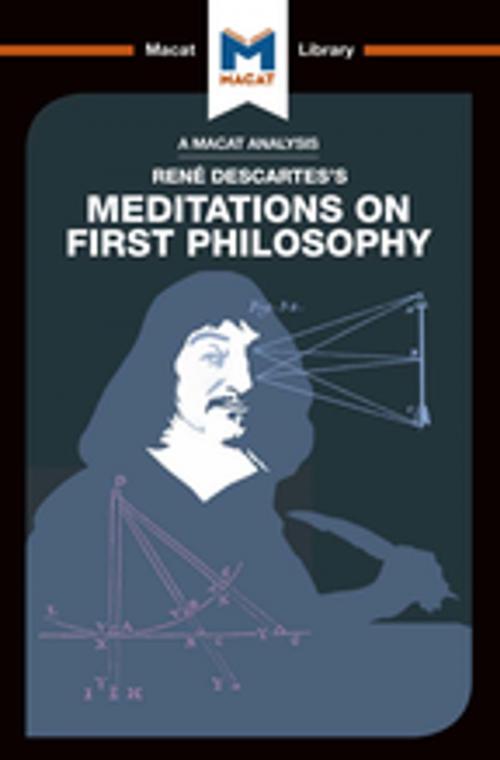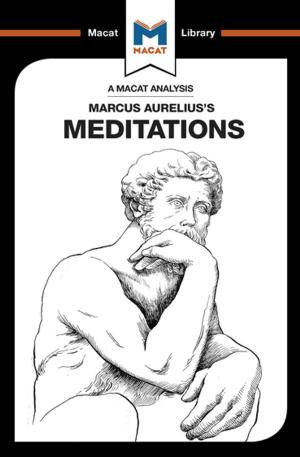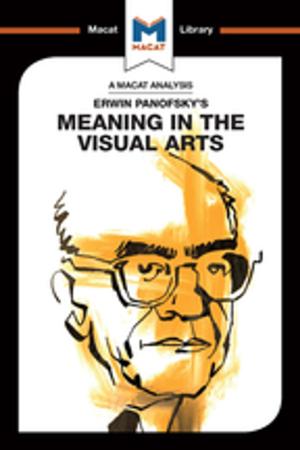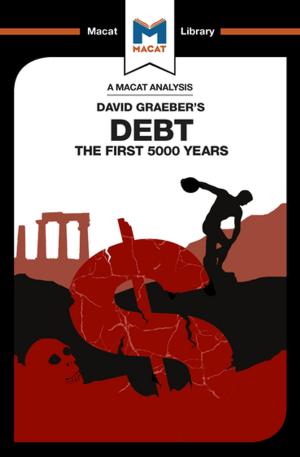Meditations on First Philosophy
Fiction & Literature, Literary Theory & Criticism, Nonfiction, Religion & Spirituality, Philosophy| Author: | Andreas Vrahimis | ISBN: | 9781351352475 |
| Publisher: | Macat Library | Publication: | July 5, 2017 |
| Imprint: | Macat Library | Language: | English |
| Author: | Andreas Vrahimis |
| ISBN: | 9781351352475 |
| Publisher: | Macat Library |
| Publication: | July 5, 2017 |
| Imprint: | Macat Library |
| Language: | English |
René Descartes’s 1641 Meditations on First Philosophy is a cornerstone of the history of western thought. One of the most important philosophical texts ever written, it is also a masterclass in the art of critical thinking – specifically when it comes to reasoning and interpretation.
Descartes sought to do nothing less than create a new foundation for the pursuit of knowledge – whether philosophical, scientific, or theological. To that end, he laid out a systematic programme that reinterpreted prior definitions of knowledge, and reasoned out a systematic means of obtaining, verifying, and building on existing human knowledge. To this end, Descartes created a definition of true knowledge as that which is based on things which cannot be called into doubt by radical scepticism. If, he suggests, we can find a belief that cannot be called into doubt, this will provide a solid foundation upon which we can build systematic reasoning. This ‘cartesian’ method, as it has come to be known, is a blueprint for reasoning that continues to shape the study of philosophy today: a careful weighing of possibilities, searching out solid ground and building on it step by step.
René Descartes’s 1641 Meditations on First Philosophy is a cornerstone of the history of western thought. One of the most important philosophical texts ever written, it is also a masterclass in the art of critical thinking – specifically when it comes to reasoning and interpretation.
Descartes sought to do nothing less than create a new foundation for the pursuit of knowledge – whether philosophical, scientific, or theological. To that end, he laid out a systematic programme that reinterpreted prior definitions of knowledge, and reasoned out a systematic means of obtaining, verifying, and building on existing human knowledge. To this end, Descartes created a definition of true knowledge as that which is based on things which cannot be called into doubt by radical scepticism. If, he suggests, we can find a belief that cannot be called into doubt, this will provide a solid foundation upon which we can build systematic reasoning. This ‘cartesian’ method, as it has come to be known, is a blueprint for reasoning that continues to shape the study of philosophy today: a careful weighing of possibilities, searching out solid ground and building on it step by step.















